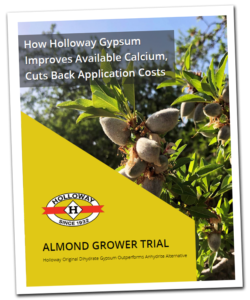By Emily Reneau, Business Development Associate
The Center for Disease Control and Prevention stated most recently that the E. coli outbreak in romaine lettuce is linked to growing regions near Northern and Central California but has not expanded on which specific counties.
Also, according to the FDA, contamination is from the Central Coast growing regions in Northern and Central California. The FDA issued a new warning that only romaine lettuce from certain parts of California should be avoided. Romaine harvested outside those regions “Does not appear to be related to the current outbreak”, the FDA said. Hydroponically grown and greenhouse grown romaine also does not appear to be affected in the outbreak.
E. coli are bacteria that live naturally in the intestines of cattle, poultry and other animals. The bacteria can contaminate a wide variety of agricultural products through contact with feces from infected animals. Most E. coli strains are harmless to humans, but some varieties can cause severe illness.
“If you have romaine lettuce and you don’t know where it comes from, you should throw it out,” said Ann McDowell, an epidemiologist at San Luis Obispo County Public Health. She continues to explain, “If the water that’s been irrigating the fields has been contaminated by animal feces or the fields have been contaminated by animal feces, the plants themselves can take up the E. coli into their internal structure which is why just washing lettuce will not make it safe,” McDowell added.
It’ll soon be easier to track the source of an E. coli outbreak. Produce companies are now required to label their product with a harvest location.
“Growers are highly motivated to make sure that their product is identified as safe to consume so they’re going to want to comply with these requirements,” McDowell said.
As mentioned, it is critical to make sure you know the source from where your compost comes from. Ask for any certifications. Review their analysis. See it, smell it, feel it if at all possible. Make sure there is no cross contamination. Composting is complex and takes patience. In this time on the Central Coast particularly, quality should be the utmost priority.
Join Over 800 Companies Using Holloway Today.
Or Become Part of The Holloway Group to Further Your Career.

